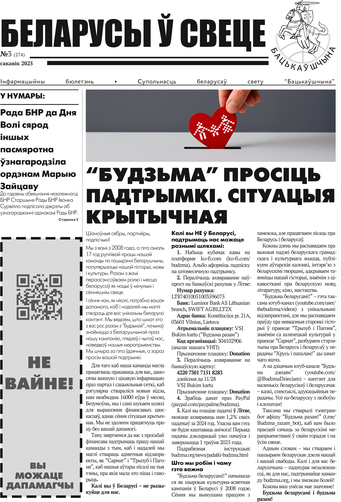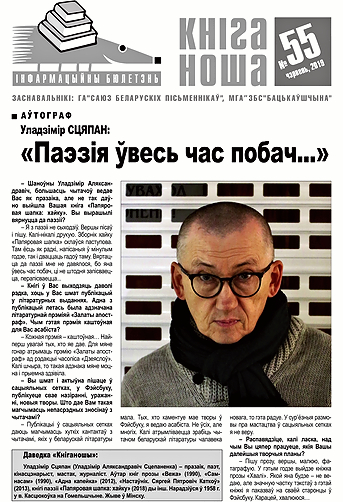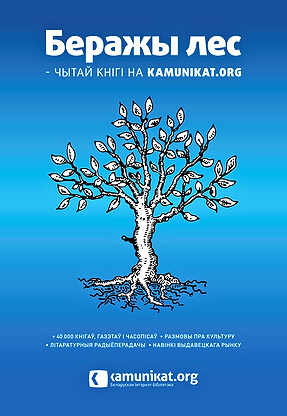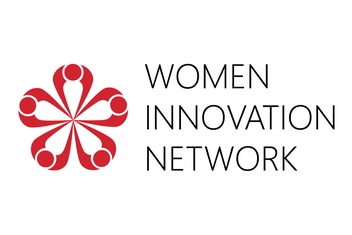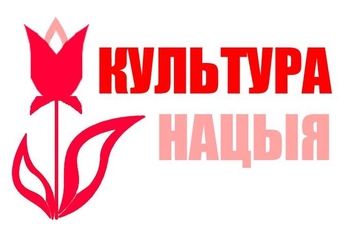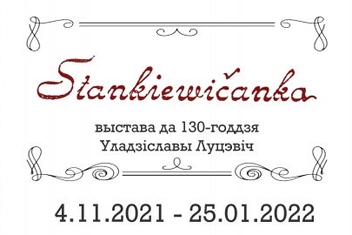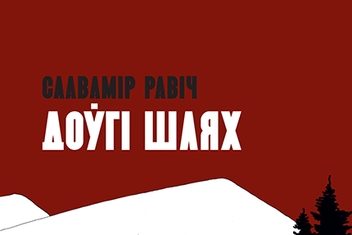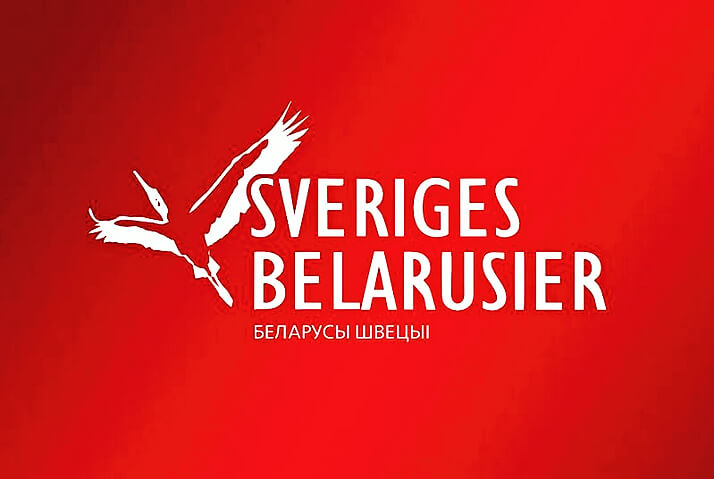
1 ліпеня Беларусы Швецыі перадалі ліст міністру міжнароднай падтрымкі у Швецыі Петэру Эрыксану. Тэмай звароту стала пытанне назвы краіны на шведскай мове Vitryssland (белая расія), якое дагэтуль выкарыстоўваецца большасцю афіцыйных актораў, у справаводстве і грамадстве. Мы лічым, што ўжыванне Vitryssland павінна пачынацца са змены назвы краіны на Belarus у дакументах МЗС. Нас падтрымалі каля 40 арганізацый і іншых асобаў. МЗС Швецыі пацвердзілі, што атрымалі ліст, і мы з нецярпеннем чакаем адказу. Чытайце ліст на ангельскай мове ніжэй (версія па-шведску даступна ў асобным артыкуле на сайце).
“Dear Peter Eriksson
It was delightful for us when you, as the newly appointed Minister for International Development Cooperation, stressed the importance of democratic development in Europe and expressed the ambition to increase democracy assistance to the countries included in the Eastern Partnership. Targeted Swedish assistance to civil society in these countries can have a strong impact on the long term development of democracy, peace and cooperation on our continent. However, we would like to draw your attention to the fact that the democratization of the Eastern Partnership countries cannot be solved solely with more aid. Sometimes it also requires actions and indications of symbolic significance in Sweden.
It is important to be aware of how wording and terminology can affect the approach, co-operation, identity and attitude of the Eastern Partnership region towards the European Union. The Eastern Partnership states are still relatively young and fragile democracies and semi-democracies. In such societies words, names, and concepts become powerful symbols that signal a sense of belonging or identity. The Swedish government has always been firm and clear in its condemnations of Kremlin’s rhetoric on “spheres of interest” and Sweden has to a higher extent than many other EU countries demonstrated an inclusive attitude towards its Eastern European neighbors. Nevertheless, the Swedish government can do better in its own choice of wording, and that is in its official use of the country name “Vitryssland“.
Belarus officially changed its name to “Belarus” 28 years ago – something we believe is about time to be reflected in the Swedish language. The choice of wording used by the Swedish government sets the basis for what states officially are called in Swedish language. The Belarusian diaspora in Sweden has therefore, for many years, appealed to the Swedish government to affirm this name change and replace the misleading and outdated term “Vitryssland” with something more neutral. In 2014, after several years of appeals, the Ministry of Foreign Affairs, agreed to add the name “Belarus” in its “book of foreign names” (UDs utrikes namnbok), albeit within brackets after “Vitryssland”. After that, the terms “belarusier” and “belarusisk(a)” have gradually been anchored in the Swedish language. The Embassy of Belarus now only uses these concepts and wording in all its Swedish writings.
Several major Swedish media channels, including Dagens Nyheter, have for several years, as a principle, only used “Belarus” and “belarusisk”. The only active Belarusian association in Sweden calls itself “Sveriges Belarusier”. Already ten years ago, the Swedish Academy, opened up to introduce the concepts “belarusier” and “belarusisk(a)” in SAOL (the Swedish Academy’s wordlist for the Swedish language). Even Carl Bildt, in the capacity of Minister of Foreign Affairs, who turned down the issue in 2009, wrote on October 13, 2015 on his Twitter account “I think it is time now to change from Vitryssland to Belarus”. On August 25, 2017, the Minister of Foreign Affairs, Margot Wallström, also used the term “Belarus” in her article on a nuclear-free world in SvD.
However, the fact remains that “Vitryssland” is the name that the Ministry of Foreign Affairs and the Swedish Government continue to use, and with that, set the standard for the rest of Sweden, including the independent linguistic institutions such as Språkrådet and the Språkårdsgruppen, whose linguistic recommendations are based on the Ministry of Foreign Affairs’ official choice of country names. It is difficult to imagine a safer way to make people feel connected with Russia than to put “Russia” in their country name.
The undersigned, therefore, want to turn to the Minister for International Development Cooperation and the Ministry of Foreign Affairs with a new urge for the government to officially shift to the use of the country name “Belarus” and the forms “Belarusier” and “Belarusisk(a)” and that the previously used “Vitryssland”, “Vitryss” and “Vitrysk(a)” is deleted from the Foreign Ministry’s “book of foreign names” (UDs utrikes namnbok) and is completely phased out from official use. We would also urge the Minister to not leave this issue to the language institutions and language practitioners, as this is not a linguistic issue, but rather a pure issue of political symbolism, of the same kind as when the Swedish government officially introduced the names Myanmar, Cambodia, Sri Lanka, and Northern Macedonia.
There is a lot the Swedish government and the EU can do to help the Eastern European countries’ approach to the EU and counteract their drift towards Russian dominance, but one of the absolutely easiest things to do is to remove “Russia” from their Swedish name. We sincerely hope that the Minister will do everything in his power to make this happen and we are willing to assist the Minister with all support necessary, if requested.
Yours Sincerely,
Alesia Rudnik, Ordförande, Sveriges Belarusier
Anna Stenvinkel, Generalsekreterare, Forum Syd
Svenska civilsamhällets nätverk för EaP & Ryssland (32 organizationer)
Sofia Strive, Projektkoordinator, Svenska civilsamhällets nätverk för EaP & Ryssland
Lena Wallquist, Internationell chef, MÄN
Peter Söderlund, Ordförande, X-cons
Karina Shyrokykh, Talesperson, Unga Ukrainare i Sverige
Åsa Ohlsson, Projektledare för Belarus, Frilans Syd
Jan Runfors, Ordförande Hela Sveriges Ska Leva Stockholms län
Yousef Yebari, Ordförande, Föreningen Framtidståget
Annelie Börjesson, Ordförande, Svenska FN-förbundet
Stefan Eriksson , Sveriges ambassadör i Belarus 2008-2012
Jakob Hedenskog, Belarus-analytiker”.
Алеся Руднік, Sveriges Belarusier
